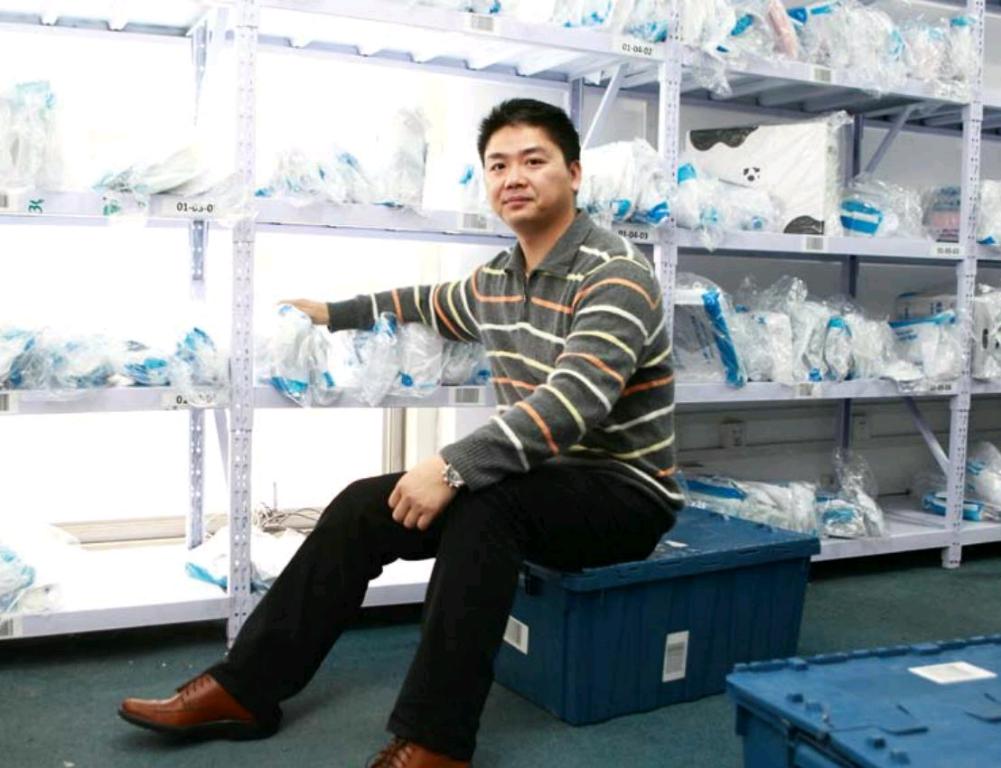Richard Liu:Sales of the Century
2014-09-11byXuanKang
by+Xuan+Kang
On May 22, 2014, Jingdong Groups arrival on NASDAQ marked the largest initial public offering (IPO) by a Chinese company in the United States, with a market value exceeding $30 billion. Along with the groups hard work, international capitals optimism about the Chinese economy and internet market are factors behind Jingdongs resounding success. Richard Liu, founder and CEO of Jingdong, began to sell IT products online in 2004. By 2012, the company had secured a massive share of Chinas direct B2C market.
Born in Jiangsu Province in 1974, Liu set off for Beijing for college at the age of 18 and majored in sociology. He soon realized that his major wouldnt produce many employment options, so he taught himself computer programming. Since then, his life has been closely tied to the internet. In 1998, two years after graduation, with only 12,000 yuan of capital, Liu rented a counter in Beijings Zhongguancun area, the citys renowned retail tech district. Like many enterprises in this area at the time,Lius company acted as a sales agent for tech products such as CD writers, compression cards and CD-ROMs. However, with a decrease in profits of CD writers, Liu began to think about a chain store for IT products. In 2001, his first retail shop, named Jingdong Multimedia, opened in Zhongguancun, selling computer accessories such as mice, sound cards, and keyboards. Liu became a retailer and his business expanded quickly.
For Liu, 2003 marked a turning point. SARS broke out in China that year. Fearing the pandemic, many people stayed at home – including his customers and employees. Unable to operate business as usual, Liu closed down all 12 of his stores, and watched his sales volume plunge to zero almost instantly. No one was sure when SARS fears would subside, so Lius best remaining option was to sell his products online. Liu bet on the internet.
Before SARS, Liu knew little of the internet or even bulletin boards and forums. But he quickly learned to sell through such sites, and walked the products into the post office for delivery, wearing a mask. In 2004, Jingdong Mall officially went live.
Since then, the enterprise has been developing at breakneck speed. For the past nine years, the average annual growth rate of Jingdong Malls business volume has exceeded 200 percent. Its offerings expanded from electronics to garments, accessories, cosmetics, and countless other commodities. Today, Jingdong is Chinas largest B2C direct sales e-commerce company.
In terms of Jingdongs development plans after going public, Liu is even more ambitious. Recently, he finished a new round of structural adjustment. According to the adjustment, Jingdong Group now has two subsidiary groups, Jingdong Mall and Jingdong Financial Group, one subsidiary corporation, Paipai.com, and an overseas business division. The new structure implies that in the near future, Jingdongs business scope will resemble Alibaba Group, Chinas largest e-commerce enterprise, with Jingdong Mall rivaling Tmall.com, and Paipai.com facing off against Taobao.com. Many analysts believe that in the near future, Jingdong and Alibaba, Chinas two e-commerce giants, will fight fiercely for overseas markets.